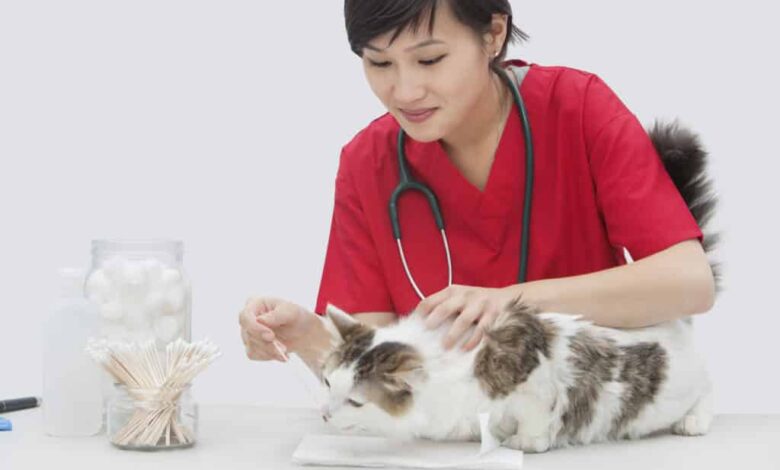What Next? How to Get Started on Your Veterinary Career After Graduation

The aftermath of graduation is a moment of mixed feelings. Excitement for completing a course blends with anxiousness about what life holds. If you’re in such a position, don’t fret. Knowing what to do after you graduate is relieving as it offers direction. For instance, as you get excited about working, you’ll need to look into disability insurance for recently graduated veterinarians. Here are other procedures to undertake for fulfilling your veterinarian goal.
Obtain a Veterinarian License
Having a license is non-negotiable when you want to practice your veterinarian career. The acquisition requirement is applying for licensure in your state and succeeding in the North America Veterinary Licensing Examination. You should study and put your best foot forward to attain the exam’s passing score of 425 points. To be eligible for NAVLE, you must meet the following requirements;
- Be a graduate of an accredited American veterinary medical association school.
- Have a certificate from the educational commission for foreign veterinary Graduates or the program for assessing veterinary education equivalence. These requirements are necessary if you’re not a graduate of accredited schools.
- If you have a certificate under (PAVE) and (ECFVG), you also need to have admission and scheduling permits for approval by (NAVLE)
- Meet your state’s licensing board eligibility requirements.
Gain Experience
After obtaining a veterinarian license, pursue a relevant experience that will help you acquire more practical experience. You can work as an intern for about one year before securing a permanent position. The exposure you get makes you relevant to the actual job market requirement.
You may apply for an internship in private veterinary clinics where you deal with small companion animals. Otherwise, you can work with exotic animals, equines, zoo animals, and other larger animals.
Pursue Further Studies
Additional education keeps you in a better position in the job market. You can enroll in a residency program to get mentored and work under supervision for several years. The residency organization has to be an (AVMA) recognized veterinary specialty organization. This allows you to be certified as a specialist. Some specialty areas include internal surgery, oncology, cardiology, neurology, and more.
After completing further veterinary studies, you acquire a certificate from the diplomate of the American Board of veterinary practitioners. Also, you can be certified as a fear-free practitioner. This entails the ability to bring stability to anxious and highly-stressed pets.
Join a Veterinary Association
Joining a veterinary association helps you meet other veterinary professionals with like minds. Through interactions with others, you learn and gain exposure to employment opportunities. Some association members own private veterinary clinics, and you may get inspired to start your own.
Veterinary associations are found at the state and national levels. Members receive newsletters, published literature, and other veterinary-related resources. The associations also create platforms where veterinarians can air their workplace grievances. Some grievances include remuneration injustice, gender discrimination, and other veterinary-related crisis.
Fulfill Other Additional Requirements
You need to fulfill other requirements based on your location and specialty area. Find out more from your state and national regulatory board and authorities to know what is required of you.
For instance, disabled students must include their accommodation needs when applying for (NAVLE) examination. Another additional requirement is that of foreign students. They must have a certificate from the educational commission for foreign veterinary graduates.
Acquire Disability Insurance for Recently Graduated Veterinarians
Accidents and sicknesses are unpredictable, but they can still happen when you are new in the working environment. The disability insurance for recently graduated veterinarians will help you as you endeavor to become a sought-after veterinarian. It can help secure your income when you are too weak to work due to sickness or hurt.
Establish Your Career
After you gain relevant experience through internships, it’s time to build your career. Job hunt through direct applications, agencies, job boards, and by inquiring from other veterinarians. Be open-minded to different opportunities by trying them out. Some opportunities can be intimidating considering but try your luck anyway. Places to look for employment include social service organizations, pharmaceutical companies, federal agencies, and research labs. The private sector is also a major veterinary employment hub.
Make Your Veterinarian Dream Reality
Your veterinarian dream is within your reach. You only need to apply the above procedures to achieve it after graduation. Nothing can stop you if you work diligently toward your goal.
See here for more information